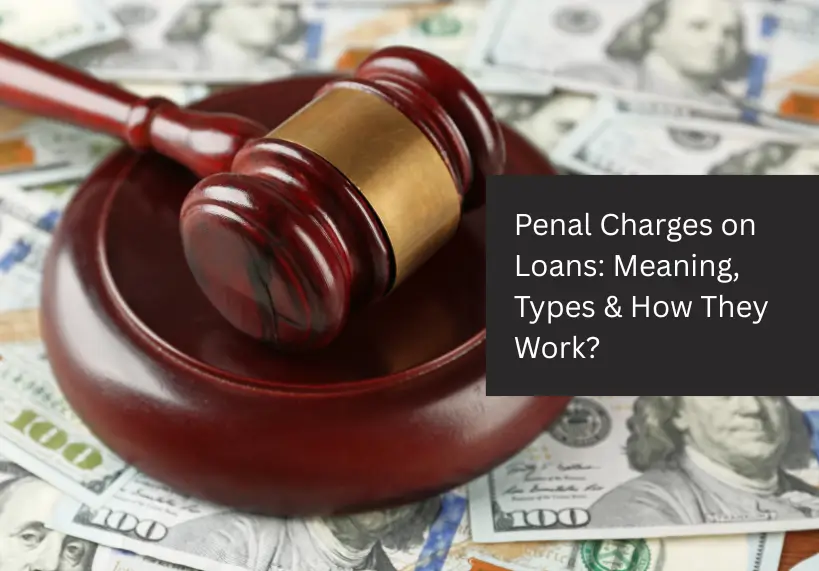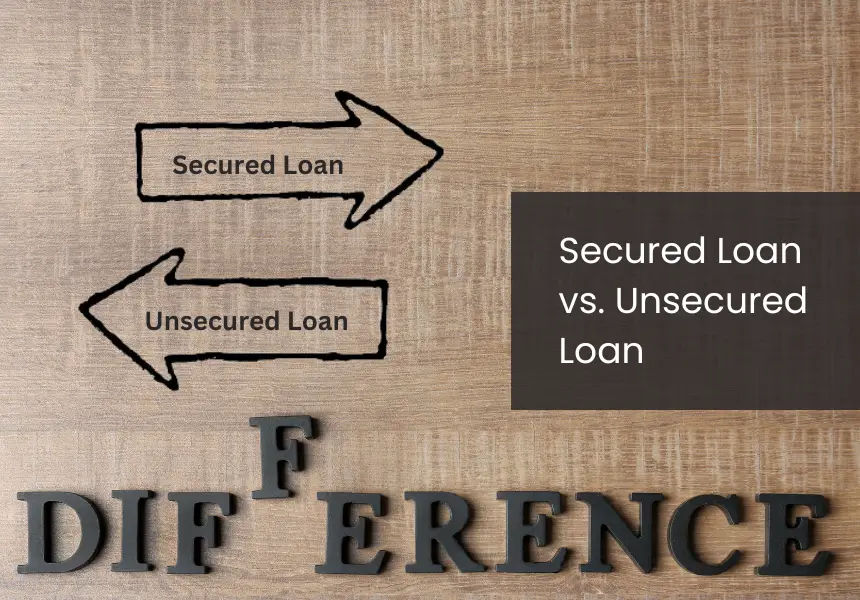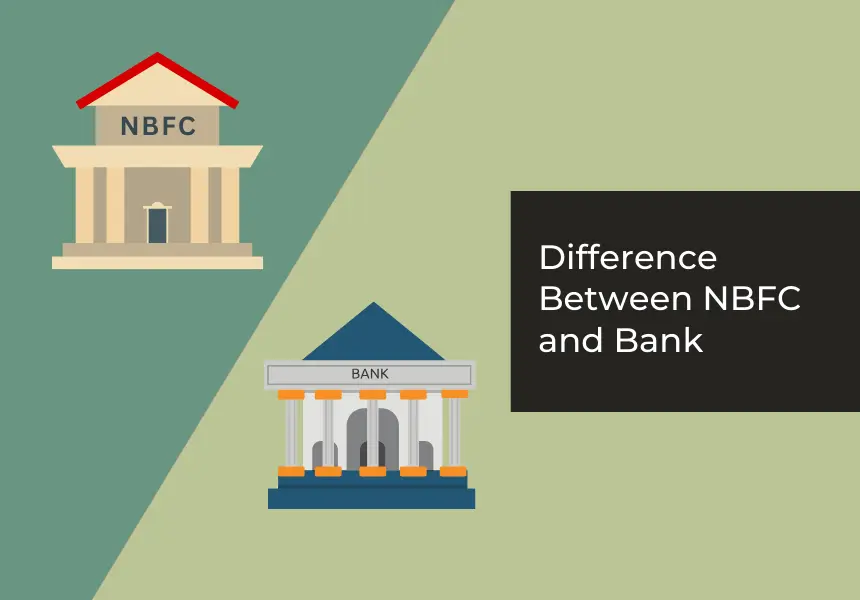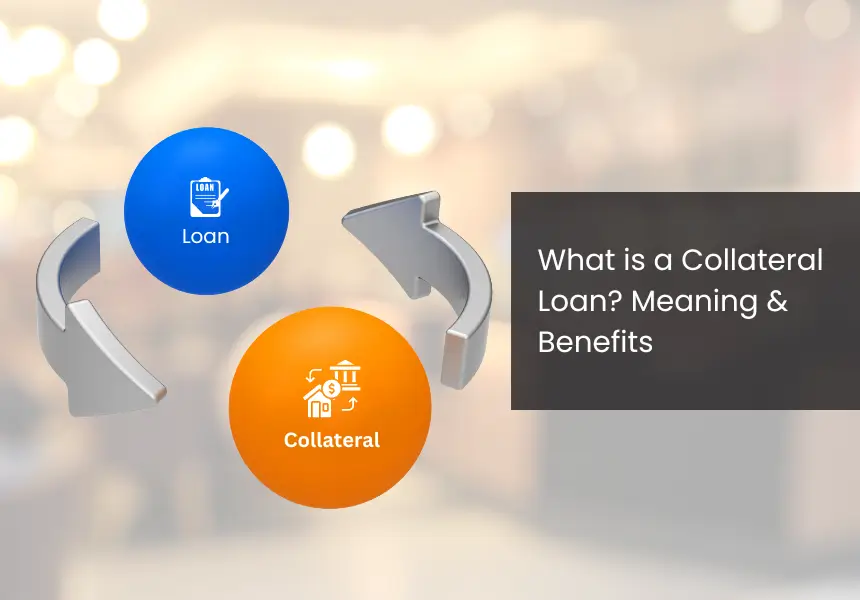
Taking a loan can help you manage your finances and achieve your goals, but missing EMIs or breaking loan terms often leads to extra costs known as penal charges on loans. Many borrowers in India are not fully aware of why these charges are applied, how they are calculated, or how they impact their overall loan cost.
By understanding about the different ways these fees are applied and practical ways to stay on track, you can maintain financial discipline, protect your credit score, and manage your loan efficiently.
Here, we will discuss what are penal charges on loans, their types, and how they are calculated so you can handle your loan smarter and avoid unnecessary steps.
How are Penal Charges Calculated?
Penal charges are usually calculated as a percentage of the overdue amount or a fixed fee for every missed EMI.
For example, if your EMI of ₹10,000 is delayed, the lender may charge ₹500 as a flat penalty. In some cases, instead of a flat fee, the lender might add 2% of the overdue EMI each month. That means on a missed ₹10,000 EMI, you’d pay an extra ₹200 until it’s cleared.
The exact calculation method depends on your lender and is always mentioned in the loan agreement. Knowing how these charges are calculated helps you avoid surprises and manage your loan repayments on time.
How Can You Avoid Penal Charges?
Avoiding penal charges is all about being consistent and careful with your loan repayments.
1. Pay EMIs on Time
The simplest way to avoid extra fees is to pay your EMIs before the due date. Choosing a personal loan with manageable EMIs can make timely payments easier. Setting up auto-debit or standing instructions can also help.
2. Use Reminders
Calendar alerts or SMS reminders a few days in advance keep you from forgetting payment dates.
3. Borrow Smartly
Choose a loan amount that fits your budget, so monthly EMIs don’t become a burden.
4. Maintain Sufficient Balance
Keep enough money in your bank account before the EMI date to avoid failed transactions.
5. Talk to Your Lender
If you expect a delay, reach out to your lender. Some may offer a short grace period or restructuring.
6. Monitor Loan Statements
Regularly check your loan account to catch pending dues or errors early.
Most Common Types of Penal Charges on Loans
1. Late Payment Charges
When you miss or delay your EMI beyond the due date, lenders impose a late fee. For example, if your EMI is due on the 5th but you pay on the 10th, you may be charged an additional amount depending on the lender policy.
2. Cheque Bounce / Failed Transaction Charges
If your EMI payment fails because of insufficient balance or incorrect details, the lender adds a penalty. Repeated failures can also negatively impact your credit score.
3. Overdue Interest (Penalty Interest)
This is an extra interest charged on the overdue loan amount until you clear the dues. For instance, if your EMI remains unpaid, lenders may apply an additional interest rate on the pending balance.
4. Prepayment / Foreclosure Penalties
Some loans come with a lock-in period. If you repay the loan early or close it before the agreed tenure, foreclosure charges may apply.
⚠️ Note: As per RBI guidelines, banks/NBFCs cannot levy foreclosure charges on floating-rate personal loans for individuals.
5. Non-Compliance Charges
If you fail to meet certain loan terms like not submitting required documents on time or breaching contract conditions, the lender may levy a fixed penalty.
Conclusion
Penal charges on loans can quickly increase your borrowing cost if EMIs are delayed or loan conditions are breached. By staying organized, borrowing smartly, and tracking your payments, you can avoid these penalties and maintain a healthy credit score.
If you ever need a personal loan to manage your finances or cover urgent expenses, LoanTap offers convenient and flexible loan solutions to help you borrow responsibly.
Good financial habits not only reduce extra costs but also help maintain a healthy credit score, making your loan management simpler and stress-free.
If you ever need a personal loan to manage your finances or cover urgent expenses, LoanTap offers convenient and flexible loan solutions to help you borrow responsibly.
FAQs
1. How are penal charges different from interest?
Regular interest is a fixed cost of borrowing, while penal charges are applied only when you default or delay payments.
2. Can penal charges affect my credit score?
Yes. Late fees, missed EMIs, or payment failures can negatively impact your credit history and lower your credit score.
3. Can partial EMI payments attract penal charges?
Yes, paying only part of your EMI may still result in a penalty because the full due isn’t cleared.
4. Can I avoid penal charges if I pay before the due date?
Yes! Paying your EMI on or before the due date helps you avoid extra fees and keeps your loan account in good standing.








